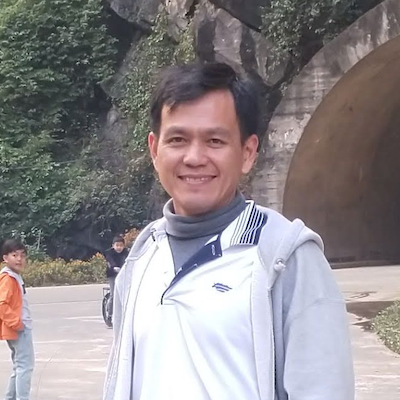- Published on
Building High-Impact Engineering Teams in a Fast-Changing World
- Authors

- Name
- Hung Nguyen (Alex)
The success of any technology driven company hinges not just on the strength of its products but on the caliber of its engineering team. As an Technology leader (mostly in Software Engineering & Delivery: this year I left from Wecash/Abakus as Sr. Software Development Manager and joined CMC as Head of Delivery - BSFI Division - Banking, Securities, Finance and Insurance), I’ve spent years building and scaling teams across fintech, banking, retail, and travel, industries where rapid change and high stakes are the norm.
The challenge is clear: How do you build an engineering team that doesn’t just execute but innovates? How do you attract, develop, and retain the kind of talent that drives transformational change?
Here’s what I’ve learned.
Hiring for Adaptability, Not Just Skills
In a world where new technologies emerge faster than ever, hiring for specific tech stacks is no longer enough. I look for engineers who demonstrate:
- A growth mindset: The willingness to learn and adapt to new technologies and methodologies.
- Problem-solving ability: A strong foundation in system design, logical thinking, and an ability to handle ambiguity.
- Collaboration and ownership: The best engineers don’t just write code, they take responsibility for business outcomes.
Technical assessments should reflect real world challenges, not just academic exercises. I favor scenario-based evaluations where candidates must design scalable architectures or troubleshoot production issues under constraints. This approach ensures we hire for capability, not just resume keywords.
Fostering a Culture of Continuous Learning
High-impact teams don’t just rely on individual brilliance, they thrive on shared knowledge. A strong learning culture ensures engineers stay ahead of industry trends and bring fresh perspectives to problem solving.
Some strategies that have worked well:
- Internal knowledge-sharing sessions: Regular tech talks where engineers present solutions they’ve built or deep-dive into emerging technologies like AI-powered credit scoring or blockchain-based payments.
- Cross-functional exposure: Encouraging engineers to collaborate with product, business, and compliance teams helps them develop a holistic understanding of the business.
- Hackathons and innovation days: Dedicated time for engineers to experiment with new ideas fosters creativity and keeps the team engaged beyond day-to-day tasks.
By investing in learning, companies can build engineering teams that not only execute but also anticipate industry shifts and drive innovation proactively.
Retaining Talent Through Meaningful Work and Growth
The best engineers don’t just want a job, they want a mission. Retention isn’t about perks; it’s about purpose, autonomy, and career growth.
- Clear career pathways: Engineers should see a well-defined roadmap for advancement, whether as technical experts or engineering leaders.
- Empowerment and ownership: Giving engineers end-to-end responsibility for features or platforms fosters a sense of accountability and pride in their work.
- Recognition and impact: A culture that celebrates contributions, whether through promotions, internal spotlights, or tangible business results, keeps teams motivated.
At previous companies, I’ve seen firsthand how creating small, autonomous squads around specific business domains leads to better engagement and faster execution. Engineers feel connected to the impact of their work, making them less likely to leave for the next trendy startup.
Scaling Teams Without Losing Agility
As companies grow, maintaining the speed and agility of a startup becomes increasingly difficult. Common pitfalls include excessive bureaucracy, slow decision-making, and misalignment between engineering and business goals.
To counter this, I focus on:
- Platform thinking: Building modular and reusable components reduces technical debt and allows teams to move faster without reinventing the wheel.
- Lean decision-making frameworks: Encouraging engineers to operate with a ‘build-measure-learn’ mindset minimizes over-engineering and maximizes adaptability.
- Balancing centralization and autonomy: While some functions (security, DevOps) should be standardized, feature development should remain decentralized to prevent bottlenecks.
This approach ensures that engineering teams can scale without sacrificing the speed and innovation that make startups successful in the first place.
Final Thoughts
Building an elite engineering team isn’t about hiring the most talented individuals, it’s about creating an environment where talent thrives. By focusing on adaptability, continuous learning, meaningful work, and scalable structures, companies can develop teams that don’t just keep up with industry changes but define them.
For CTOs, founders, and engineering leaders, the challenge is to foster an engineering culture that attracts and retains top talent while continuously pushing the boundaries of what’s possible. The organizations that do this well will be the ones driving the next wave of technological disruption.
What are your biggest challenges in building high-impact engineering teams?